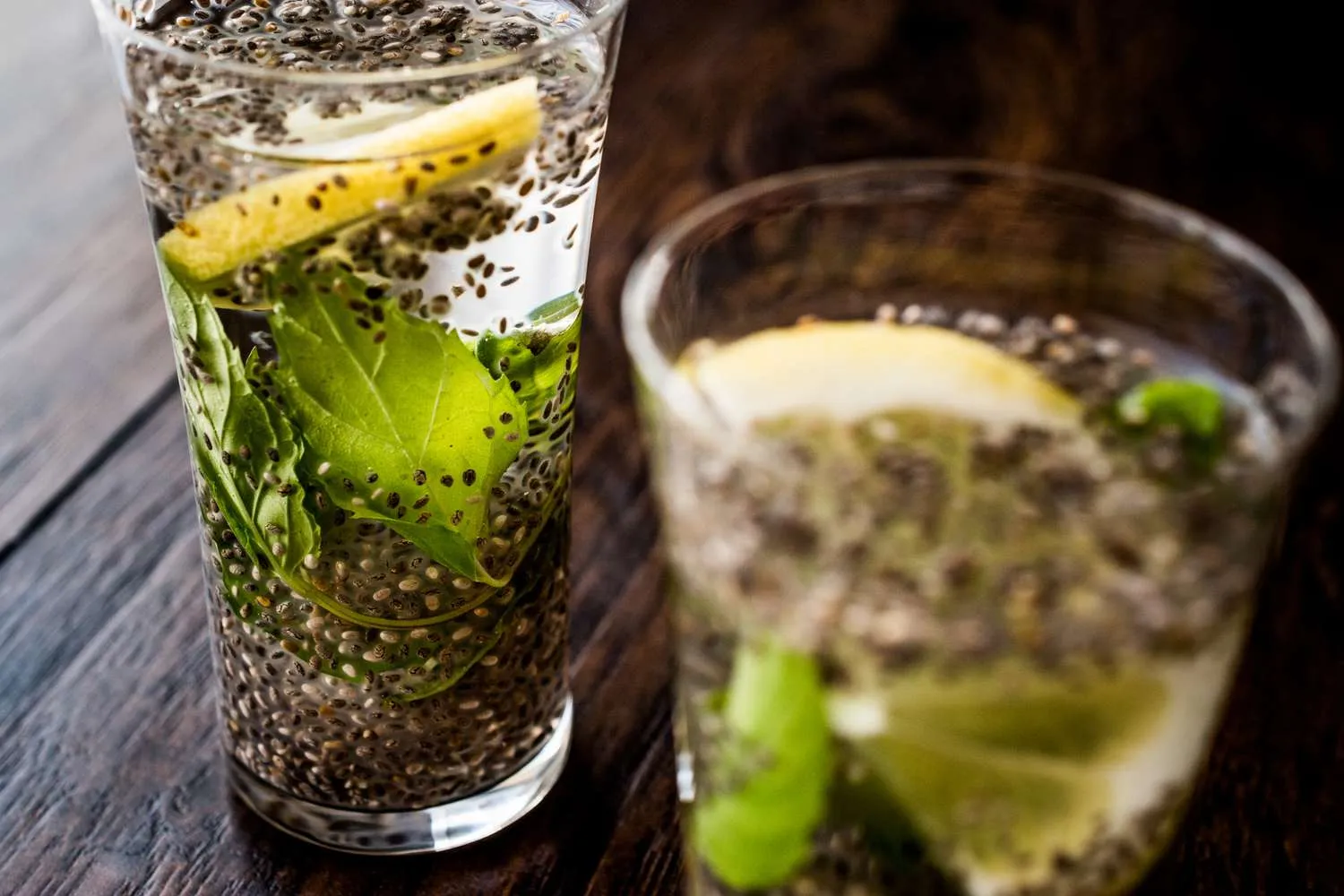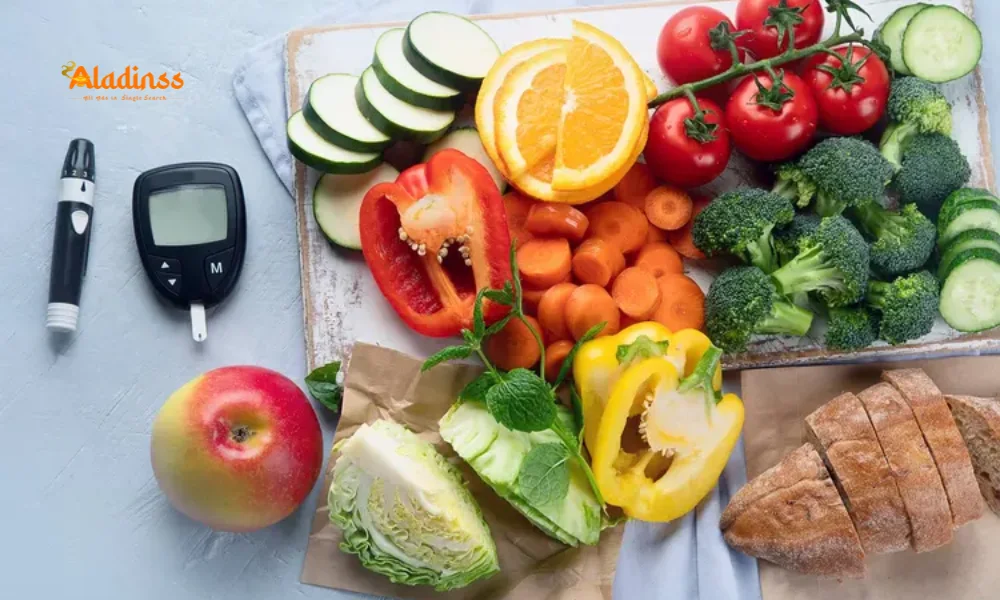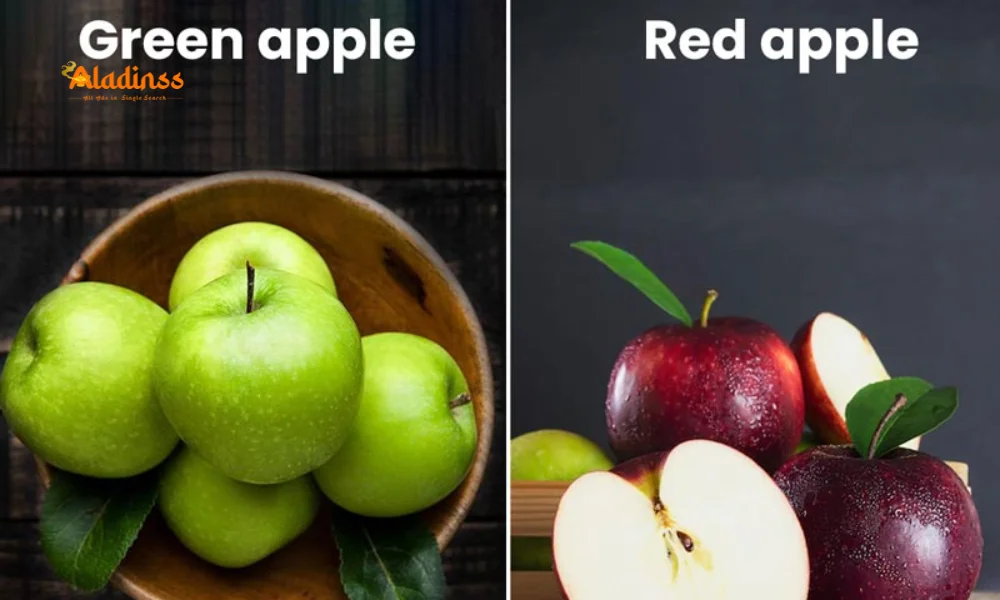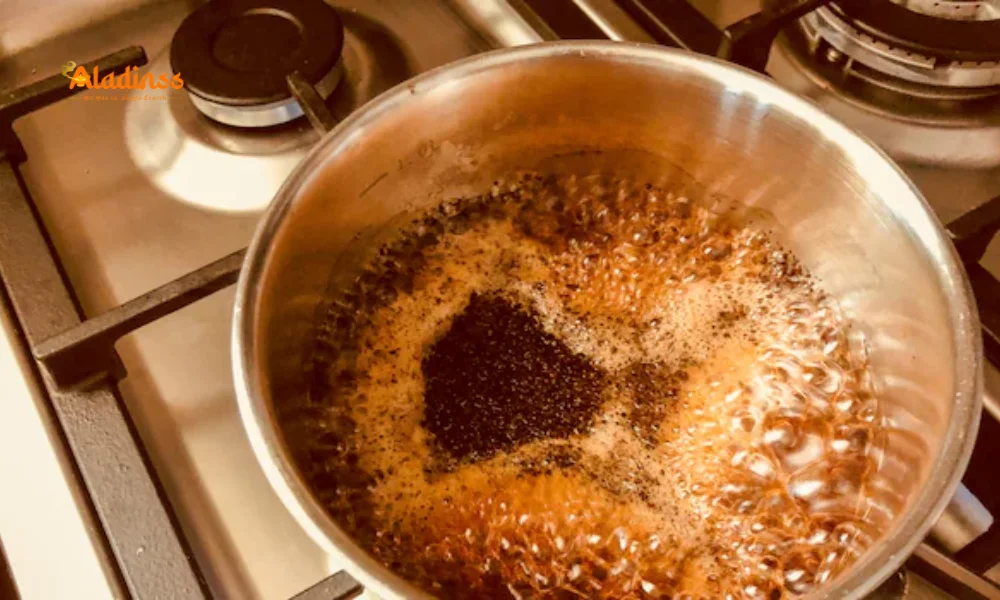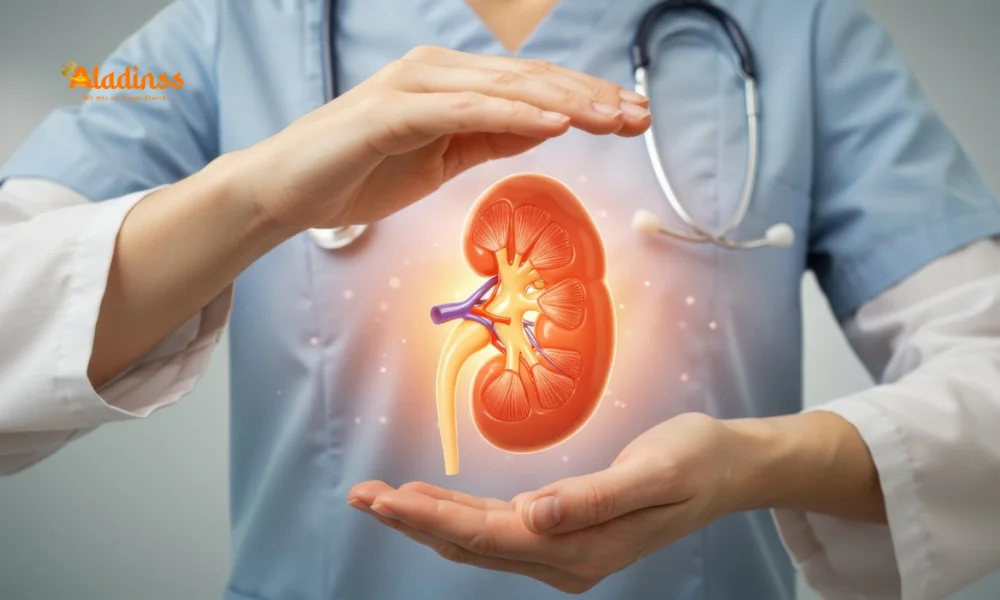UPF Addiction Hits Older Adults Hard
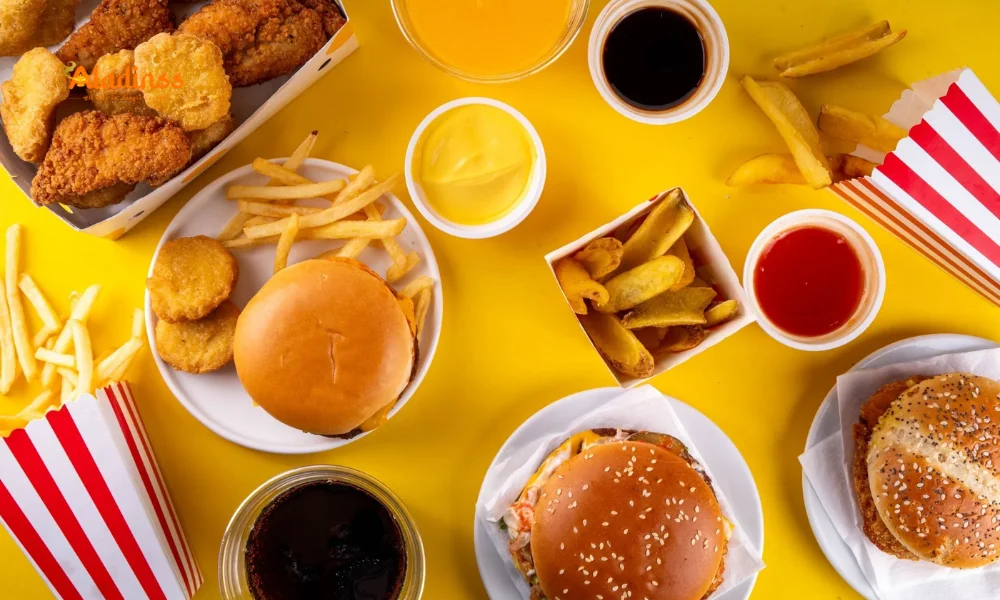
Ultra-Processed Foods Addiction: Study Reveals Alarming Trends Among Older Adults
Emerging research is shedding light on a troubling dependency gripping older generations, where ultra-processed foods addiction has surpassed even the pull of alcohol and tobacco in intensity. This ultra-processed foods addiction study, focusing on Americans over 50, uncovers how these convenient yet nutrient-void items-think sugary cereals, instant noodles, and packaged snacks-trigger compulsive behaviors more fiercely than traditional vices. Women, particularly those in midlife, emerge as the most vulnerable, facing heightened risks of physical ailments, emotional distress, and social isolation due to their outsized consumption patterns.
The findings, drawn from rigorous surveys and clinical assessments, paint a picture of modern diets ensnaring the brain's reward centers, much like addictive substances. As ultra-processed foods flood grocery aisles with promises of quick satisfaction, experts urge a paradigm shift toward whole-food alternatives and mindful eating to mitigate these escalating threats. With obesity and mental health crises intertwined, this revelation calls for urgent public awareness and policy interventions to reclaim nutritional sovereignty for aging populations.
In a nation where convenience often trumps health, understanding these dynamics is crucial-not just for individuals battling cravings, but for society grappling with the downstream costs of chronic diseases linked to poor dietary habits.
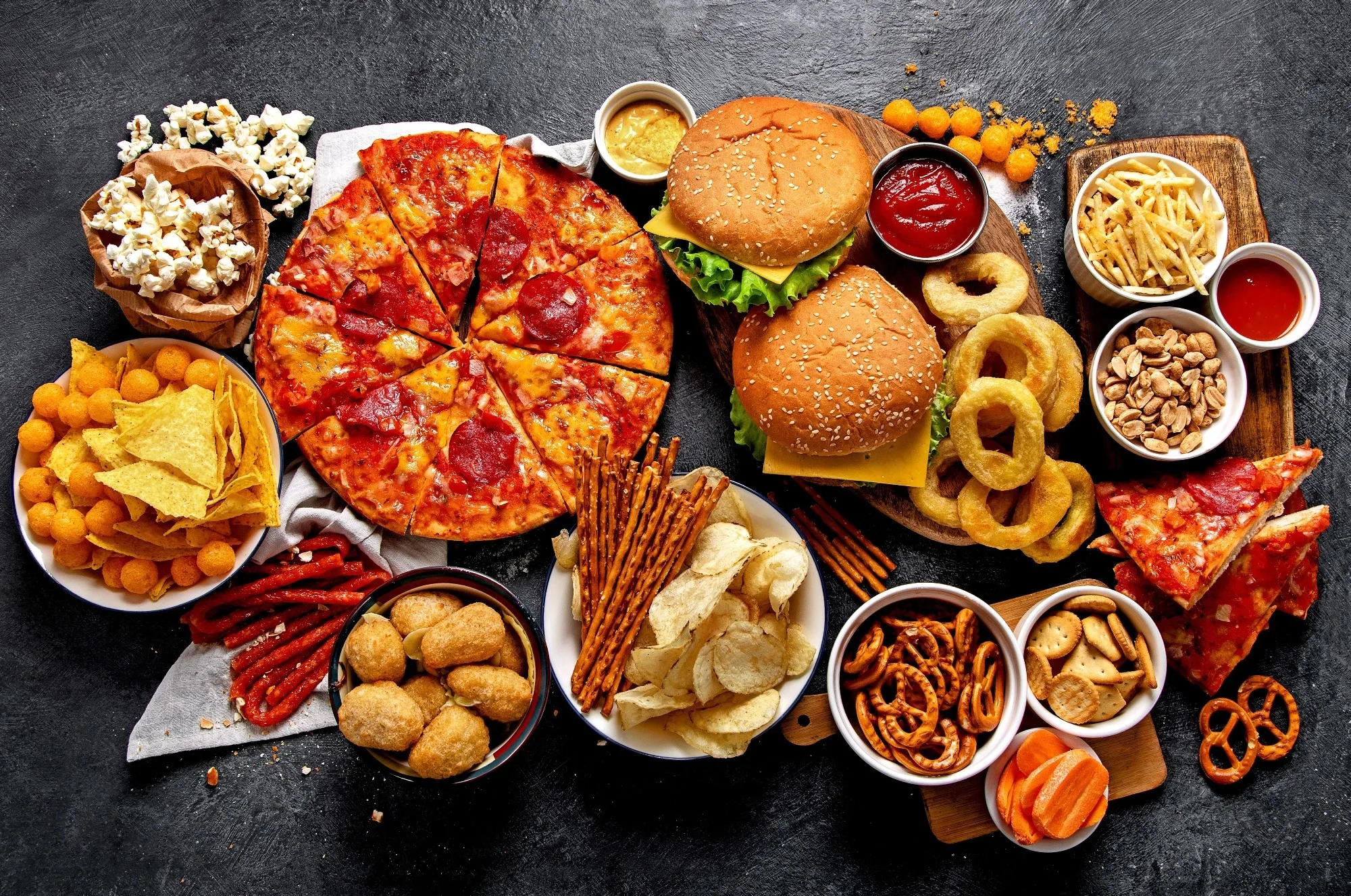
The Hidden Grip: Prevalence of Ultra-Processed Foods Dependency
Ultra-processed foods, defined by the NOVA classification as industrially formulated products laden with refined carbs, unhealthy fats, salts, and synthetic additives, now dominate Western diets, comprising up to 60% of caloric intake in the US. This ultra-processed foods prevalence study estimates that 12% of adults aged 50 to 80 exhibit signs of addiction, characterized by loss of control, cravings, and continued use despite adverse effects. Far from mere preference, these items hijack dopamine pathways, akin to nicotine's hold, fostering cycles of bingeing and regret.
The survey, involving thousands of seniors, quantified addiction via the Yale Food Addiction Scale, revealing parallels to substance use disorders. Respondents reported irresistible urges for items like chips or sodas, often consuming them in isolation, mirroring alcohol's solitary rituals. This dependency erodes quality of life, with affected individuals 2.5 times more likely to face malnutrition despite high energy intake, as empty calories displace nutrient-dense meals.
Socioeconomic layers add nuance: lower-income groups, reliant on affordable packaged goods, show 15% higher rates, exacerbating health disparities. As retirement years unfold, this addiction compounds isolation, with many forgoing social meals for solitary snacking, underscoring the need for community-based interventions.
Also Read: Sugar-Free Drinks Risk Liver Health
Gender Disparities: Why Women Face Greater Ultra-Processed Foods Risks
The study spotlights a stark gender chasm, with women aged 50-64 twice as prone to ultra-processed foods addiction as men, clocking nearly 18% prevalence versus 7.5% for males. For those 65-80, the figure dips to 12% among women, still outpacing peers. This ultra-processed foods women risk pattern traces to historical marketing ploys-1980s "lite" diets peddled low-fat, high-sugar snacks to females, embedding habits that persist decades later.
Socioeconomic stressors amplify vulnerability: lower-income women, juggling caregiving and budgets, gravitate toward cheap, shelf-stable options, perpetuating cycles. Hormonal fluxes in perimenopause may heighten reward sensitivity, making salty-sweet combos irresistible. Social media's curated "guilt-free" indulgences further ensnare younger cohorts, blurring lines between moderation and compulsion.
Men, though less afflicted, suffer amplified fallout-deeper depressive dips and social withdrawals when hooked, possibly due to underreporting. Addressing this requires gender-tailored strategies, from women-focused nutrition workshops to destigmatizing male vulnerability in support groups.
Socioeconomic and Historical Influences on Addiction
Layered factors entwine: economic pressures favor UPFs' affordability, while legacy ads normalize them as "feminine" choices.
- Income gaps: Low-wage women consume 25% more UPFs.
- Marketing legacy: "Diet" branding from 80s persists.
- Social media echo: Viral "hacks" glamorize processed eats.
Untangling these demands multifaceted advocacy, blending policy with personal empowerment.
Health Ramifications: From Body to Mind and Beyond
Ultra-processed foods addiction exacts a multifaceted toll, igniting obesity cascades-insulin resistance to type 2 diabetes-and cardiovascular strain via endothelial inflammation. Daily UPFs correlate with 20% higher hypertension odds, as sodium-fat synergies burden arteries. Mentally, the dopamine rollercoaster breeds anxiety (35% elevated rates) and depression, with women reporting intensified rumination post-binges.
Socially, it isolates: compulsive eaters skip gatherings, fearing judgment, fostering loneliness epidemics among seniors. Men, when impacted, exhibit sharper cognitive declines, linking to vascular mini-strokes from chronic highs. Nutritionally, micronutrient voids weaken immunity, prolonging infections and hastening frailty in later years.
Holistically, this addiction shortens telomeres, accelerating biological aging by five years. Interventions like cognitive behavioral therapy, tailored for food cues, show 40% remission, but access lags in underserved areas.
Interconnected Impacts: Physical, Mental, Social
The web of consequences spans domains, demanding integrated care.
- Physical: Metabolic syndrome triad (obesity, diabetes, CVD).
- Mental: Reward dysregulation to mood disorders.
- Social: Isolation from shame-driven avoidance.
Breaking cycles requires multidisciplinary support, from dietitians to therapists.
Neuroscience of Cravings: Why UPFs Outaddict Substances
UPFs' siren call stems from engineered hyper-palatability: sugar-fat-salt trinities spike nucleus accumbens activity 2.5 times over natural foods, per fMRI scans. Additives like MSG amplify umami, while emulsifiers erode gut barriers, leaking signals that perpetuate hunger.
Historical hooks trace to 1980s reforms: fat-phobic campaigns birthed carb-laden "health" bars, conditioning women to equate processed with progress. Today, algorithms curate feeds of indulgent recipes, normalizing excess. Neuroplasticity in seniors heightens susceptibility, as dopamine baselines drop with age, making UPF highs irresistible.
Detox parallels nicotine cessation: withdrawal irritability peaks at day 3, easing with mindfulness. Supplements like chromium curb cravings, but rebuilding habits via meal prepping yields lasting freedom.
Expert Strategies: Breaking Free from UPF Dependency
Nutritionists advocate gradual swaps: air-popped popcorn for chips, herbal teas for sodas, emphasizing whole grains and veggies to stabilize blood sugar. Label literacy-spotting >5 ingredients as red flags-empowers choices, while community gardens foster fresh-food bonds.
Mental tools include journaling triggers and CBT for reframing "forbidden" foods as neutral. Policy levers-taxing UPFs like tobacco, subsidizing produce-could shift landscapes, as Mexico's soda levy cut sales 10%. For women, targeted programs addressing menopause-linked vulnerabilities promise equity.
Holistic wellness-yoga for stress, sleep hygiene-bolsters resilience, turning awareness into action for vibrant longevity.
Actionable Steps for Daily Detox
Practical blueprints for liberation include structured shifts.
- Meal audit: Replace one UPF daily with homemade.
- Mindful eating: Savor without screens to reconnect.
- Support networks: Join apps like Noom for accountability.
These, sustained, reclaim autonomy from addictive allure.
As this ultra-processed foods addiction epidemic unfolds, the study beacons hope: knowledge disarms dependency, paving paths to nourished, balanced lives.
Comment / Reply From
No comments yet. Be the first to comment!
